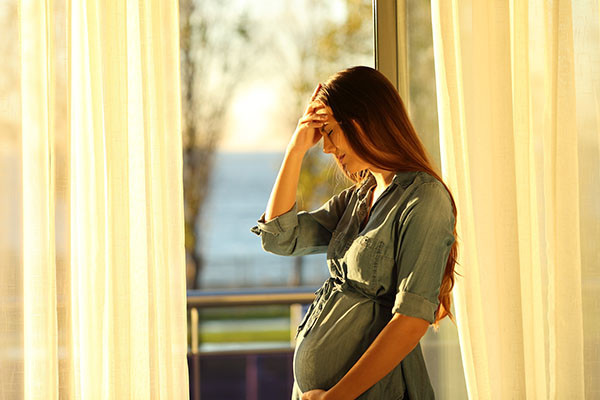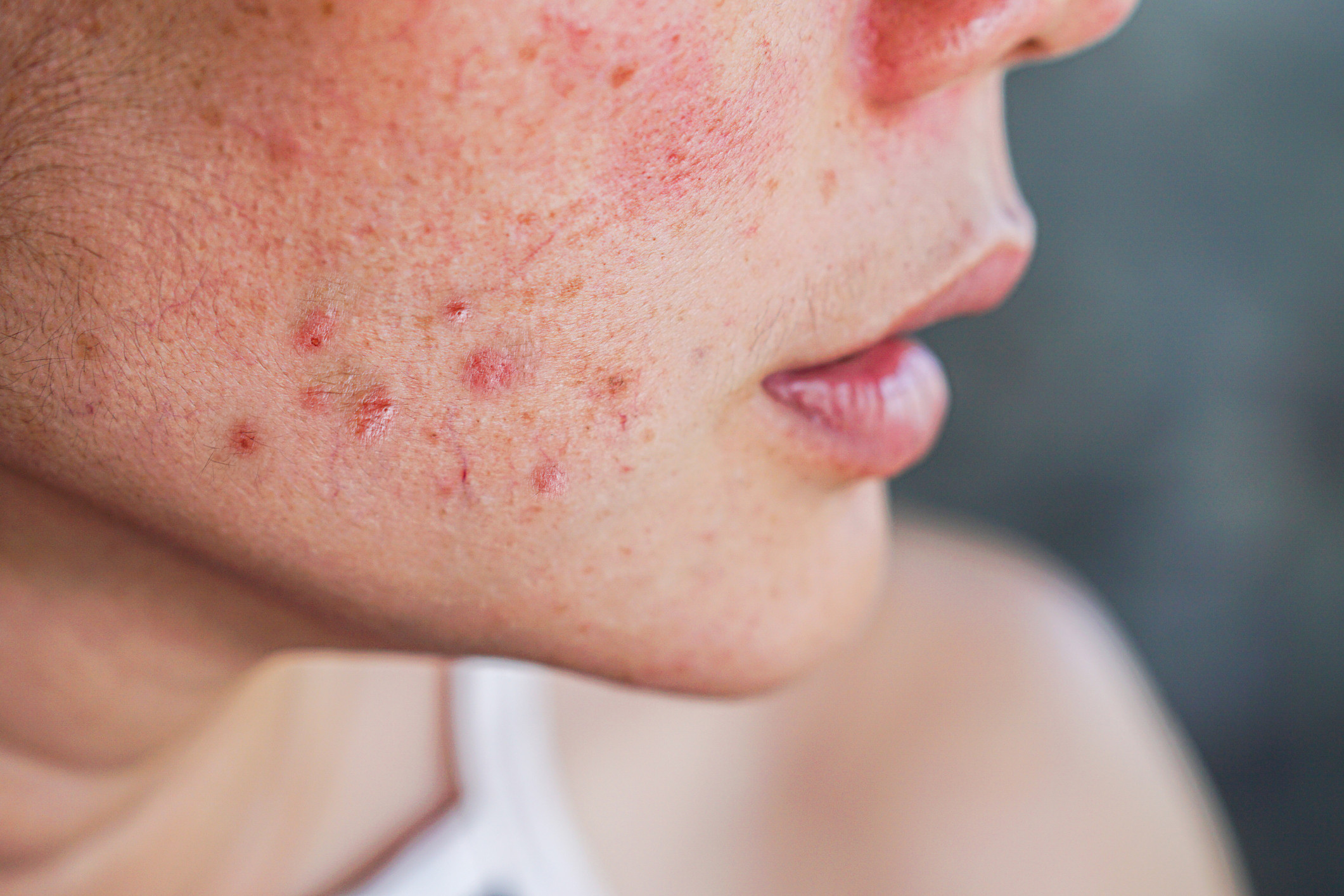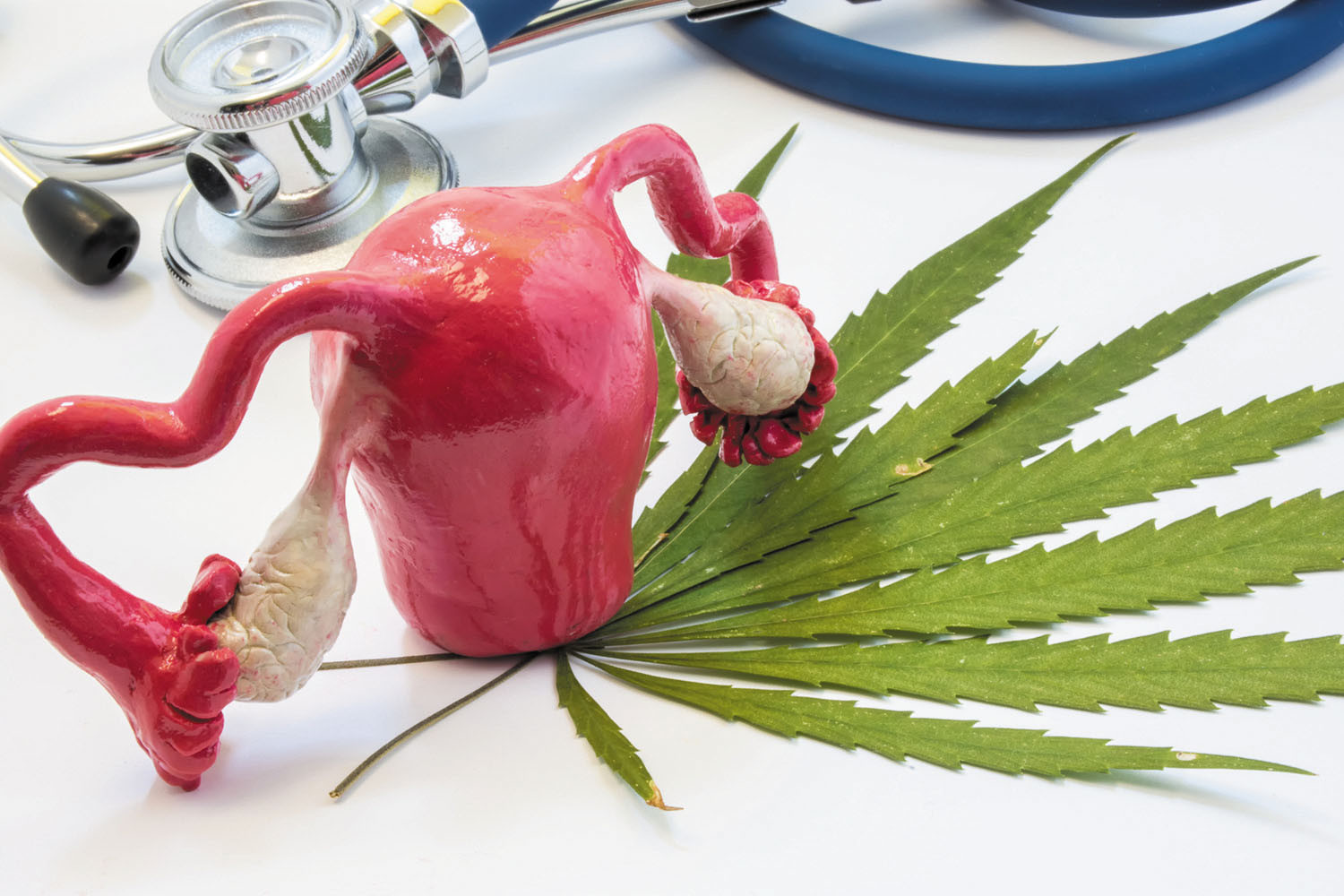Recent Blog Articles

How — and why — to fit more fiber and fermented food into your meals

Tick season is expanding: Protect yourself against Lyme disease

What? Another medical form to fill out?

How do trees and green spaces enhance our health?

A muscle-building obsession in boys: What to know and do

Harvard Health Ad Watch: New drug, old song, clever tagline

Concussion in children: What to know and do

What color is your tongue? What's healthy, what's not?

Your amazing parathyroid glands

When — and how — should you be screened for colon cancer?
Birth Control Archive
Articles
Pregnancy problems may foretell future heart disease
Postpartum anxiety is invisible, but common and treatable
It's not unusual for women to feel down or depressed after giving birth, but if the feelings persist or become debilitating, it's cause for concern. Many of the symptoms overlap between postpartum depression and postpartum anxiety, but some women do not respond as well to some treatments for depression, so it's important to establish the correct diagnosis.
How can you manage anxiety during pregnancy?
During pregnancy it's completely normal to experience a certain amount of anxiety about the baby, giving birth, and becoming a new parent. But for some women this worry takes over their thoughts and becomes debilitating. There are treatments available that may or may not involve medication, depending on the individual situation.
Common questions about medical cannabis
Pregnancy problems may predict heart health decades later
Polycystic ovary syndrome and the skin
Polycystic ovary syndrome is the most common cause of infertility in women. In many cases, women with PCOS have skin and hair issues such as acne, hair loss, or excessive hair growth in places where they normally do not have hair. Treatment options vary depending on the symptoms and each woman’s preferences.
Polycystic ovarian syndrome and the skin
Polycystic ovary syndrome is the most common cause of infertility in women. In many cases, women with PCOS have skin and hair issues such as acne, hair loss, or excessive hair growth in places where they normally do not have hair. Treatment options vary depending on the symptoms and each woman's preferences.
Does cannabis use impede conception?
Research we're watching
Women who use marijuana may have more difficulty getting pregnant than women who don't, according to a study published online Jan. 11, 2021, by the journal Human Reproduction.
The study looked at 1,200 women who were trying to conceive after experiencing either one or two miscarriages. The researchers followed the women for six monthly cycles and tracked those who became pregnant for the duration of their pregnancy. Those who reported using marijuana or hashish in the past 12 months or whose urine samples showed evidence of cannabis were 40% less likely to get pregnant during each monthly cycle than those who didn't use cannabis. Only 42% of the cannabis users became pregnant during the study period, compared with 66% of non-users. There did not, however, appear to be any difference in miscarriage rate between users and non-users. The study authors said that further research is needed to confirm the results.
Wondering about COVID-19 vaccines if you're pregnant or considering pregnancy?
Birth control and high blood pressure: Which methods are safe for you?
Doctors typically recommend that women who have high blood pressure avoid using birth control that contains estrogen to avoid raising risks for a stroke or heart attack. According to a clinical update, this recommendation may be changing for some women with high blood pressure.
Recent Blog Articles

How — and why — to fit more fiber and fermented food into your meals

Tick season is expanding: Protect yourself against Lyme disease

What? Another medical form to fill out?

How do trees and green spaces enhance our health?

A muscle-building obsession in boys: What to know and do

Harvard Health Ad Watch: New drug, old song, clever tagline

Concussion in children: What to know and do

What color is your tongue? What's healthy, what's not?

Your amazing parathyroid glands

When — and how — should you be screened for colon cancer?
Free Healthbeat Signup
Get the latest in health news delivered to your inbox!
Sign Up











